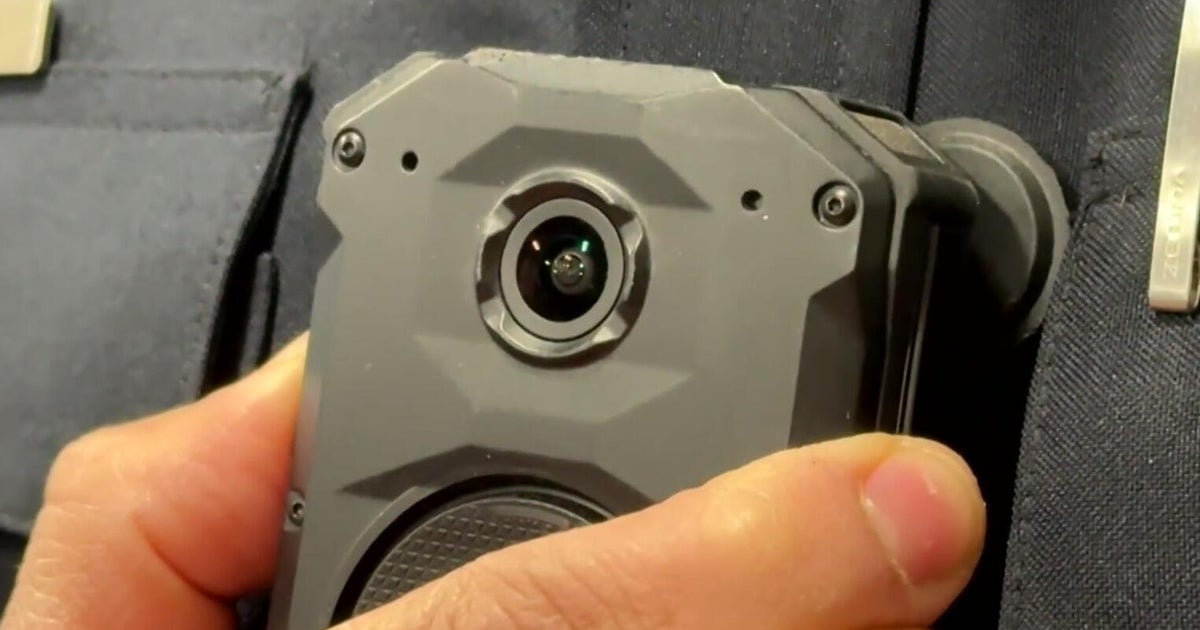Smart devices could leave your home vulnerable to security threats
NEW YORK -- Smart devices can make home life a lot easier, but they could also open you up to security threats.
Even your lightbulbs could leave you vulnerable.
CBS2's Alice Gainer asked New Yorkers if they knew smart devices around their home could make them a target for a physical break-in.
"Not on my radar," one person said.
"I always had the suspicion and that maybe is part of the reason why we have none such devices in the house," another person said.
"My cousin actually had her Ring camera hacked into and they were talking to her children," another person said.
Neal Bridges is chief content officer with INE.com.
"What are the newest ways hackers are getting into homes?" Gainer asked.
"Definitely still boils down to Ring doorbells, door locks, and then once they're inside, things like these safes that are accessible via the network or through the internet," Bridges said.
INE is a technology training company that offers a cybersecurity lab.
"If you think about what a smart device does in your home, it can have anything from your address, your Wi-Fi password, how to lock, unlock your house or your valuables," Bridges said.
From LED strips to your smart lightbulb, which has a circuit board inside with chips, you could be exposed.
"That effectively act just like your laptop, just like the computer technology that's in your phone that look to communicate wirelessly with your wireless network so that you can control it remotely via web browser or with your phone," Bridges said.
In what he describes as a brute force attack, Bridges ran a tool that can guess a username and password in a matter of seconds. From there, it snowballs.
"We've also got access to names, email addresses. We can get into their cloud storage," Bridges said. "We have a physical address, a phone number and an integration with Alexa."
Got your thermostat set for vacation? If hacked, they could learn when you'll be out of town.
There are ways you can try to safeguard yourself:
- Change the default password that came with the device.
- Enable multi-factor authentication.
- Keep your software up to date; it's easier, Bridges says, to hack outdated technology.
"How would you even know you've been hacked?" Gainer asked.
"That's the scariest part about this. There are no indicators, really, that you've been hacked. You probably won't even know until after the incident occurs," Bridges said. "It becomes very, very scary for a normal person to realize that the technology that they trust on a day-to-day basis can literally be used against them in their own home."
He says it comes down to being smarter about your smart device.
Bridges says a big problem is that there are no industry standards established for how secure these devices have to be.








